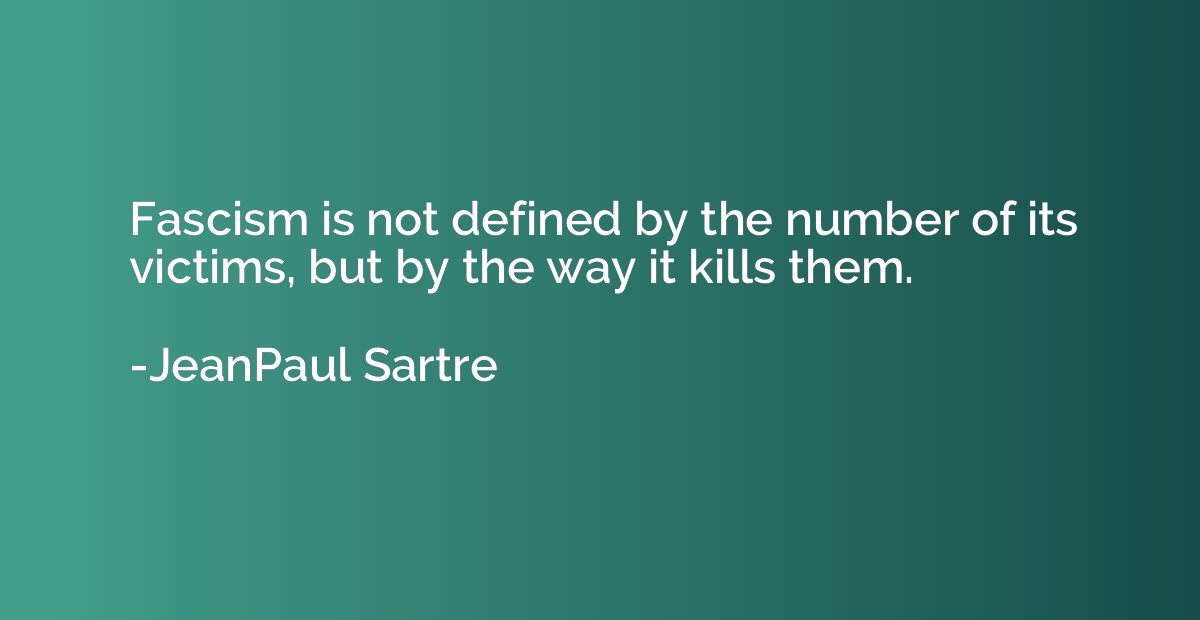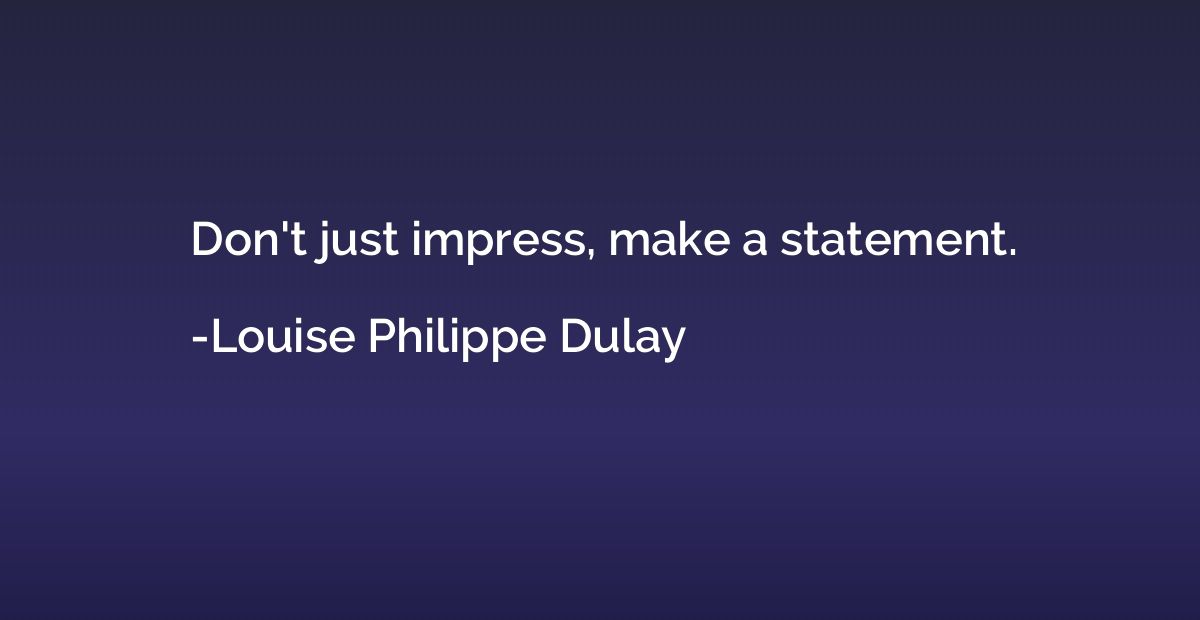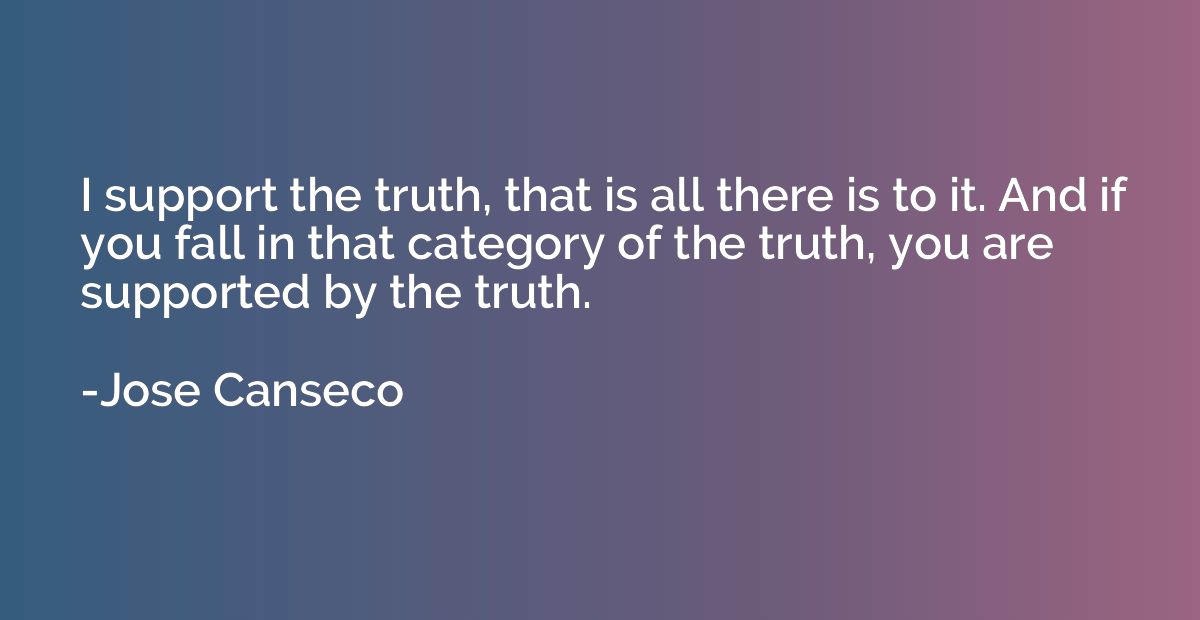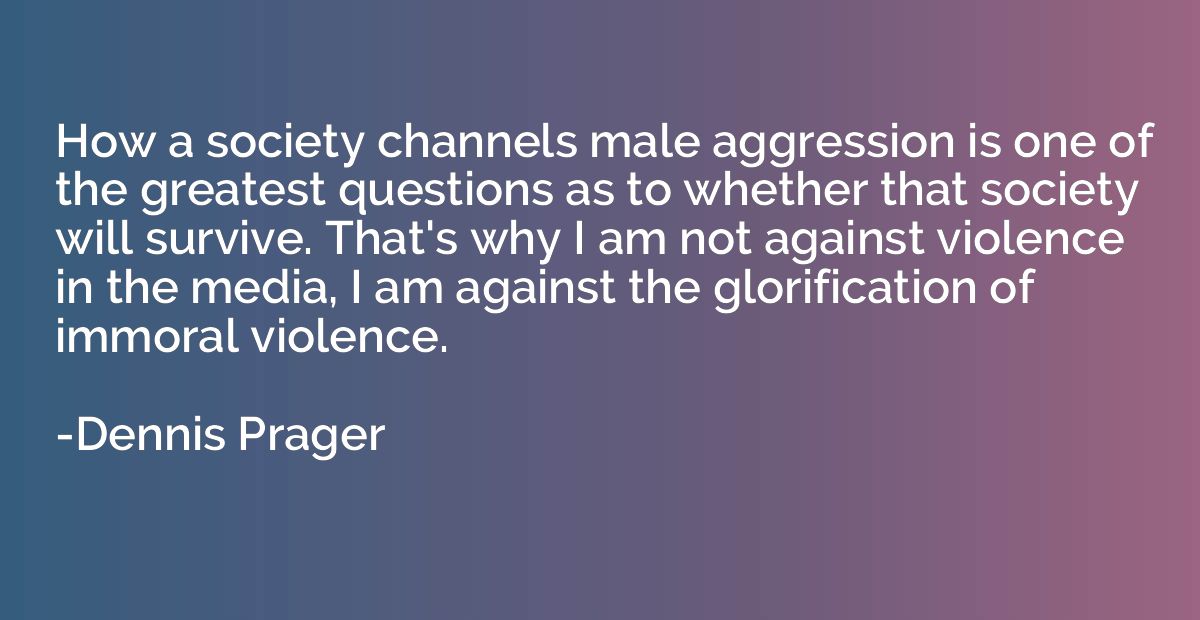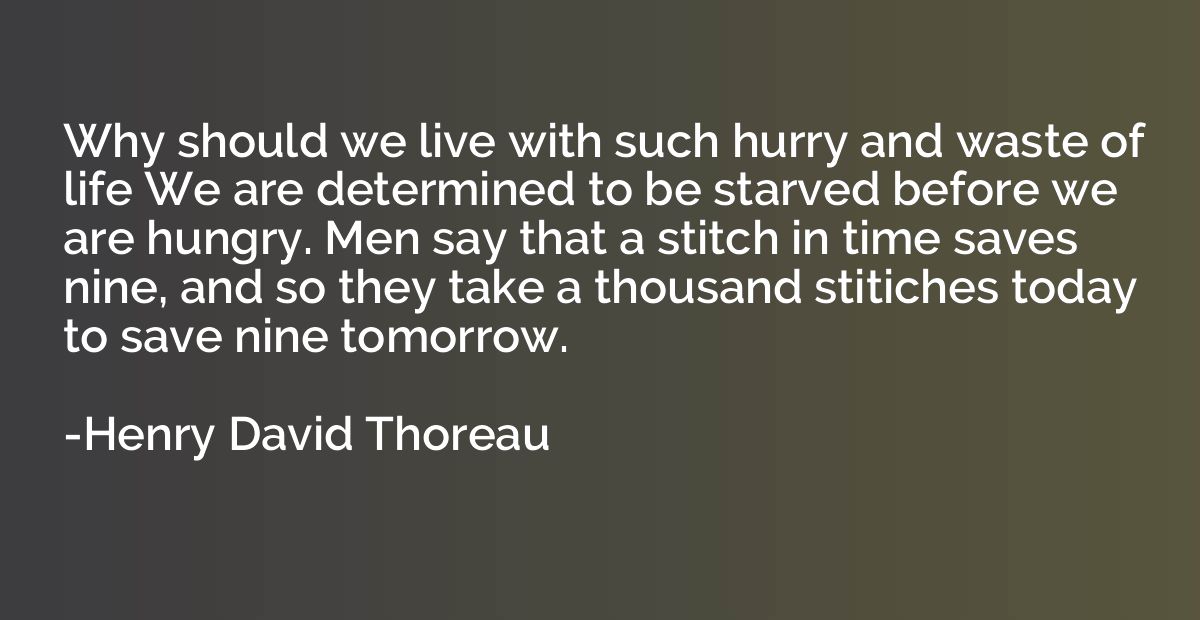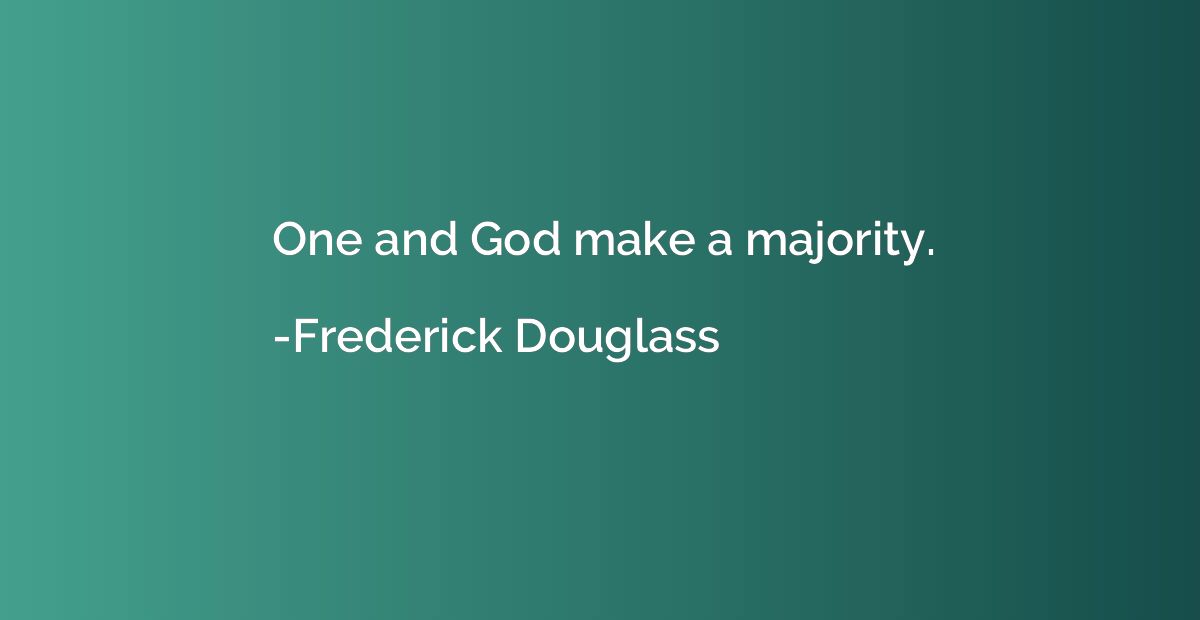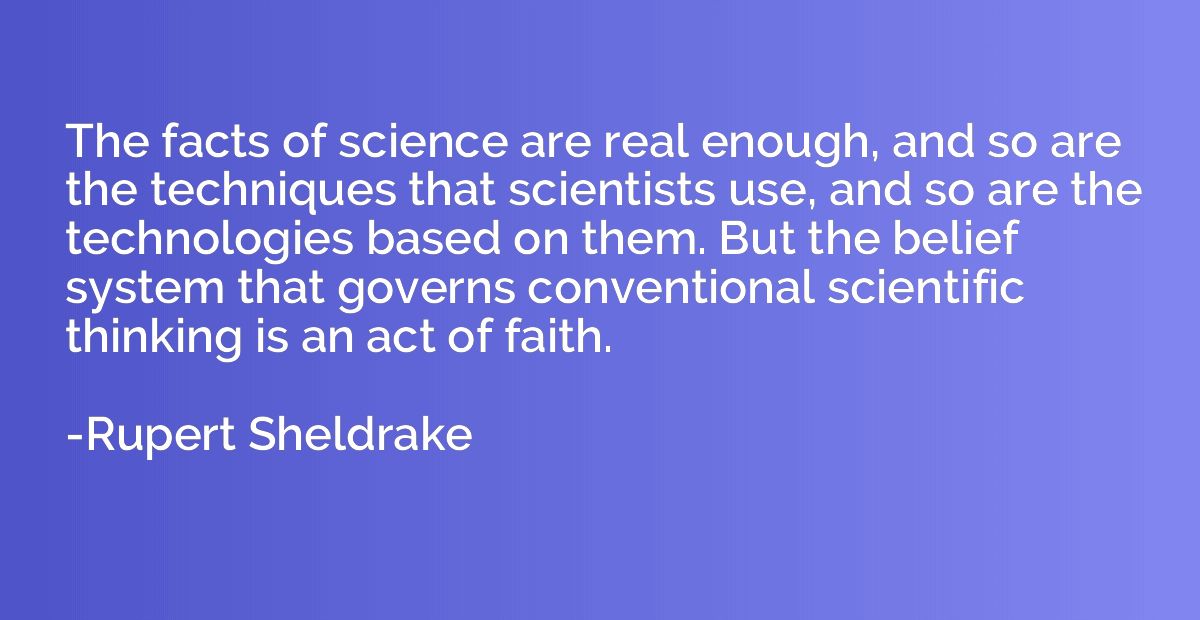Quote by William Butler Yeats
Land of Heart's Desire, Where beauty has no ebb, decay no flood, But joy is wisdom, time an endless song.
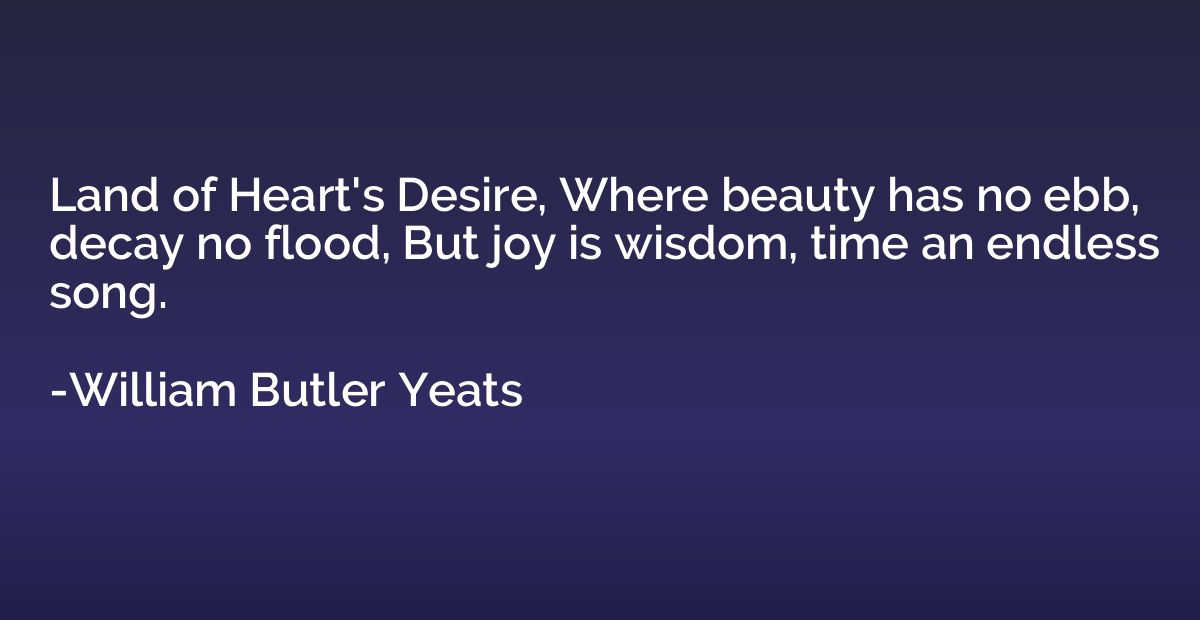
Summary
This quote is an ode to an idealized place known as the Land of Heart's Desire. It conveys the notion that in this fictional realm, beauty never wanes, decay never overwhelms, and joy is the epitome of wisdom. Time itself is depicted as an eternal melody, suggesting a sense of timelessness and everlasting bliss. Overall, the quote portrays an idyllic vision of an enchanting place where everything is in harmony, emphasizing the enduring joy and beauty that exist beyond the limitations of our ordinary world.




